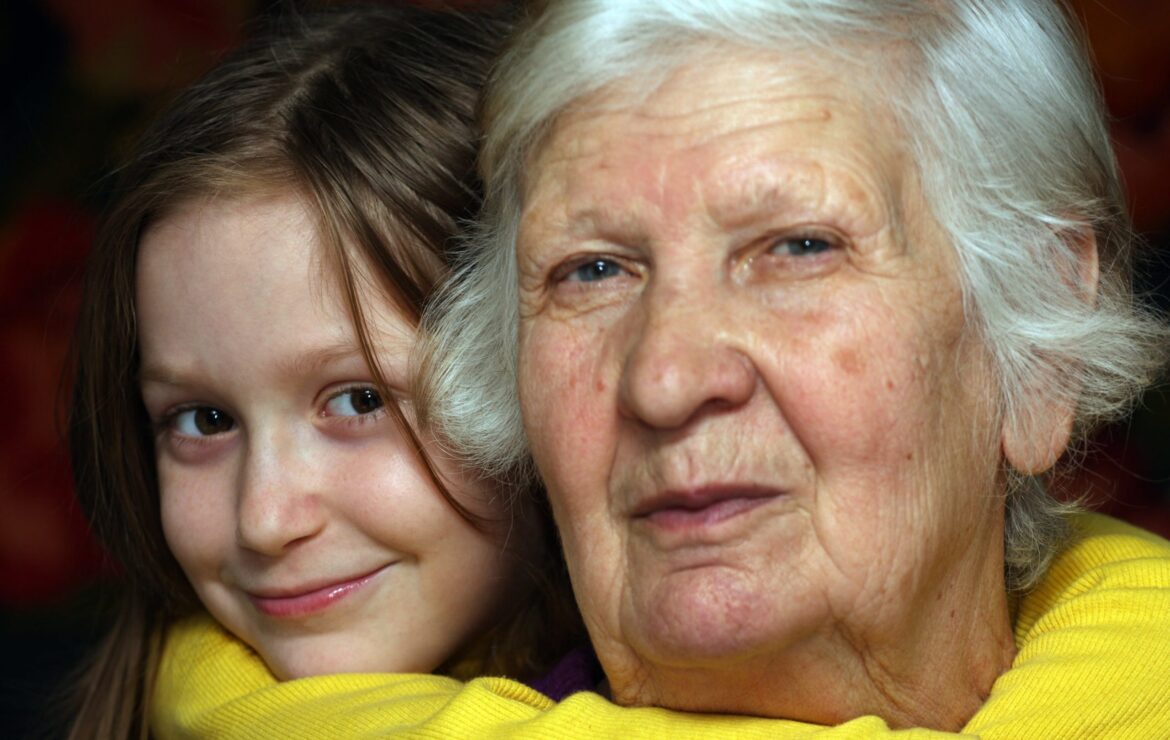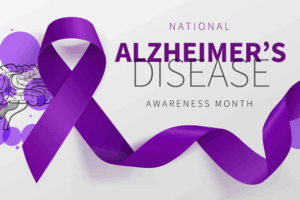Why Doesn’t Grandma Remember Me?

The holiday season may be a time when a child or teen is getting together with a grandparent or other older loved one who has Alzheimer’s Disease or other form of Dementia. Your loved one’s illness may have progressed since the last time the child saw their loved one and it can frightening or sad for them to see the changes. Grandma may not remember the name of their cherished grandchild or call them by another name, they may say something inappropriate or even accuse the grandchild of something they didn’t do. It is important to talk with the child and explain the illness in an age appropriate way so that the time spent with their loved one is fulfilling and not frightening to them.
-
Explain what is wrong with Grandma or Grandpa
Depending on their age, explain that the illness is in their brain and it may cause Grandma to do or say funny things. Tell them that Grandma and Grandpa can’t do anything about it but inside they still know and love them very much. Explain that this illness makes them forget things sometimes and that if they do it is ok to just ignore it rather than correct them which may make them feel bad. It is important to let them know that is is not contagious and that is is usually something that only older people get (unless your family is dealing with early onset Alzheimers Disease)
-
Prepare them for changes they may see
If the child has not seen their loved one for a period of time it is important to explain some of the changes they may see in their loved one. Perhaps they repeat more, or have noticeable difficulty in finding words. They may have developed other symptoms that could be troubling to a young child such as paranoia or hallucinations. A simple way to explain this to a young child is to say that Grandma’s brain is sick and it fools her into thinking things that are not true. You can encourage them to just ignore the behavior or go along with it and distract to a new activity.
-
Prepare them for changes in routine
A child may expect that things will be the same when Grandma and Grandpa visit so it is important to prepare them for changes in routine that are necessary to accommodate the person with Dementia. Discuss the changes but also discuss activities they can still do and ways they can help. It is also important to remind children and teens that Alzheimer’s is an illness and that Grandma or Grandpa deserves their love and respect no matter how they may act or what they might say.
The Alzheimer’s Association has great resources for children and teens. Click Here to go to the Children and Teen’s page on the Alzheimer’s Association site.






